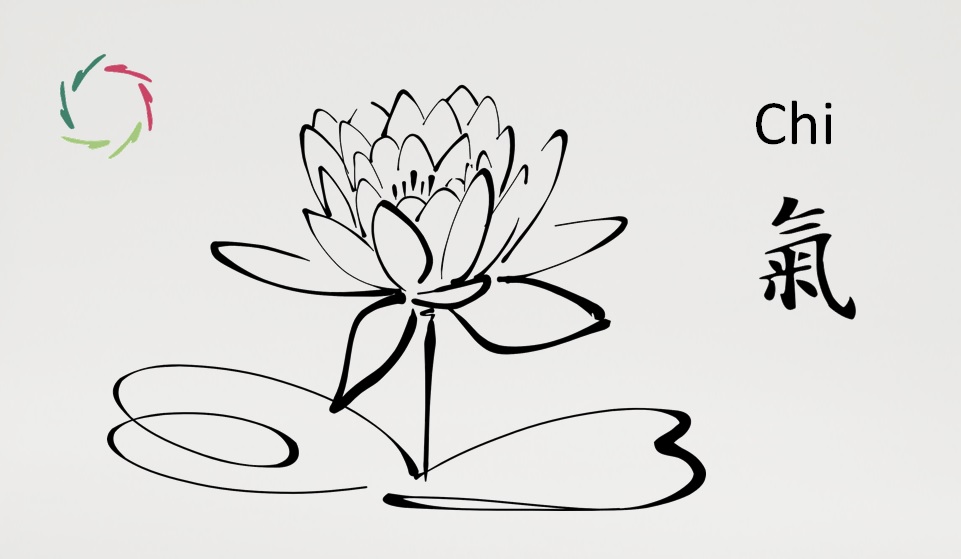Is Psychotherapy Dangerous?

This question needs to be taken seriously, the more since surprisingly few do so, and since the entire domain is in turmoil as to how – and if – positive effects are brought about by specific methods.
[see: “Psychotherapy vs. Psychotherapies”]
Doing good is not easy.
It requires intention, perseverance, and insight. [see:”‘Doing Good’: Not as Easy as It Seems”]
With this text, I mainly want to make people think, not being complacent in business-as-usual. Within the latter mindset, several catastrophes are worsening ― for instance, Climate Disaster. There’s a point in always remaining critical about anything.
Including this text.
Also, including psychotherapy as we know it.
Of course, psychotherapists are well-meaning people. They devote their lives trying to help. That deserves all respect.
This respect demands a critical attitude that may enable therapists to be optimally helpful. I hope this attitude can be fostered through an original AURELIS view. This brings a specific responsibility ― no guilt. [see: “Always Responsible, Never Guilty”]
The same attitude is also necessary out of respect for psychotherapists’ clients and, eventually, society at large.
Let’s get critical
My main critiques are a lack of depth and a lack of rationality. This shows in placebogenic and symptomatic therapy.
Generally, symptomatic therapy diminishes the symptom as such, with little depth. The symptom is seen as, well, just a symptom. [see: “Symptomatic Therapy?”] With mental symptoms, the notion of ‘underlying disease’ also doesn’t bring depth. Let’s not beat around the bush.
Justifying symptomatic therapy starts from the assumption that the symptoms don’t have profound meaningfulness. [see: “The Meaning of Meaning”] This is very wrong in many cases. In my experience, a bit of deep coaching is sufficient to get an idea about the extent. Unfortunately, such coaching appears to be a rare phenomenon. Most instrumental methods of psychotherapy do not enhance it ― quite the contrary.
Instrumentality doesn’t go further than a placebo. [see: “About <Placebo> In-Depth”] In other words, in order to even be able to go further, more is needed. This ‘more’ can be combined with a placebo, but it isn’t part of it.
Psychotherapy as a placebo has the side effects of any other placebo. [see: “Psychotherapy and Placebo”]
Assuming deep meaningfulness,
any mind-related symptom does not stand apart from the person. One can see it as part of the client’s mental substance fabric, even though in an unhealthy form. In such a case, removing the symptom is impossible without cutting out a piece of the client ― inflicting a substantial mental wound. That can hardly be called ‘therapeutic.’
How – if ever – do clients heal from such wounds? We have little knowledge about this.
Moreover, the client as a whole is at risk of being treated in a disrespectful and demeaning way ― hardly empowering. The result is a more vulnerable person, contrary to the AURELIS aim of heightening Inner Strength.
Compassion?
Danger also lies in missing the opportunity of doing tremendous good ― even if subjective. Indeed, the depth of a valley is relative to comparing it to surrounding mountains and vice versa. Only seeing one side makes one blind to the other.
With eyes fixed on methodologies, we are missing much in-depth, sub-conceptual research on Compassion.
Seeing symptoms as calls for growth makes one notice the lost chances if not taken advantage of. Psychotherapy, in general, is an occasion for growth. [see: “What vs. How in Psychotherapies”] There are also other occasions. If psychotherapy works only symptomatically, it’s a closed door. This prevents people from exploring further. In psycho-somatics, it prevents medical research from exploring the mind much further than the deplorable state of now.
That’s dangerous. Positing oneself as a door is not neutral. It carries responsibility. [see: “Psychotherapy’s Closed Door“]
This is hugely serious stuff!


